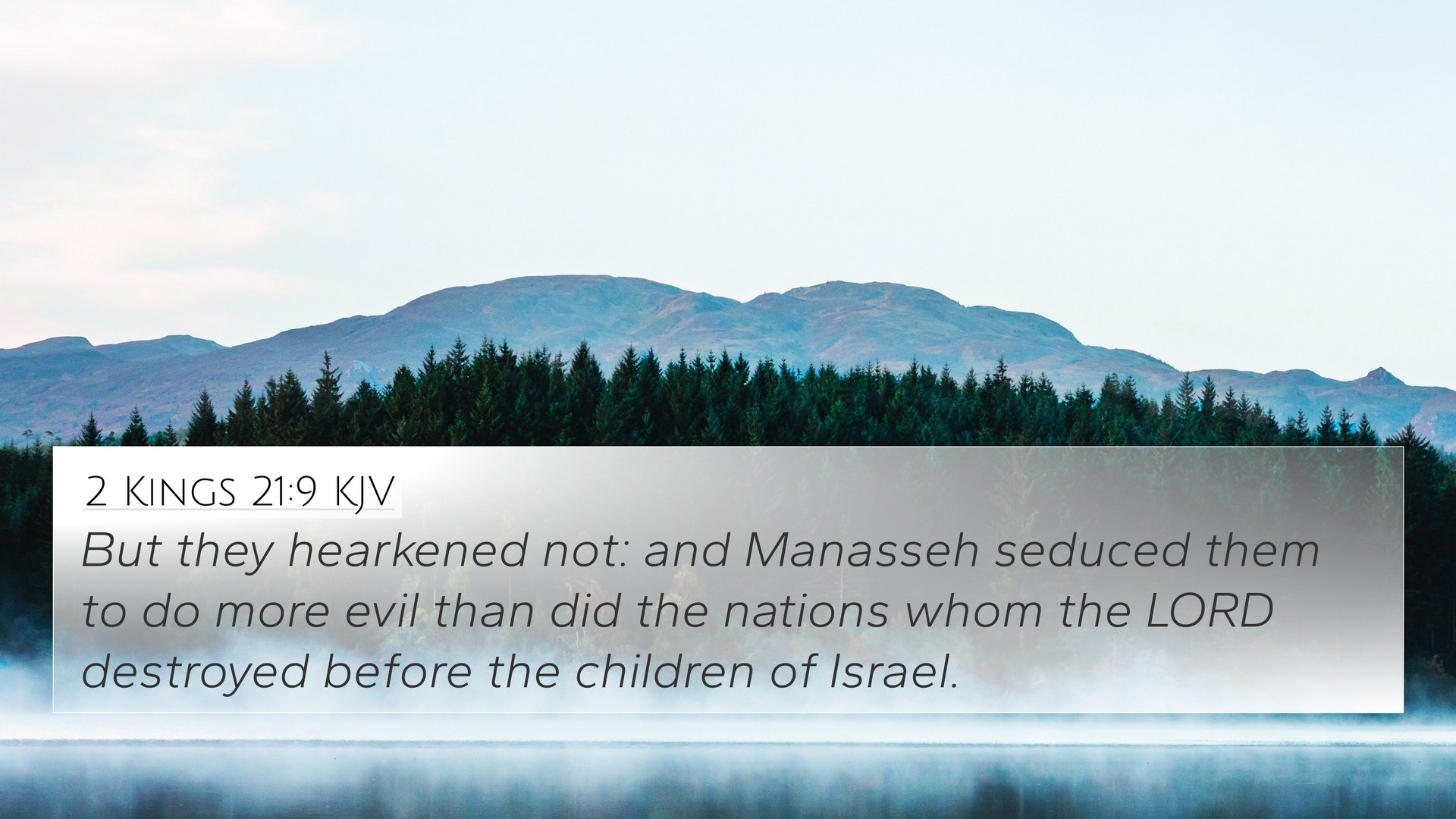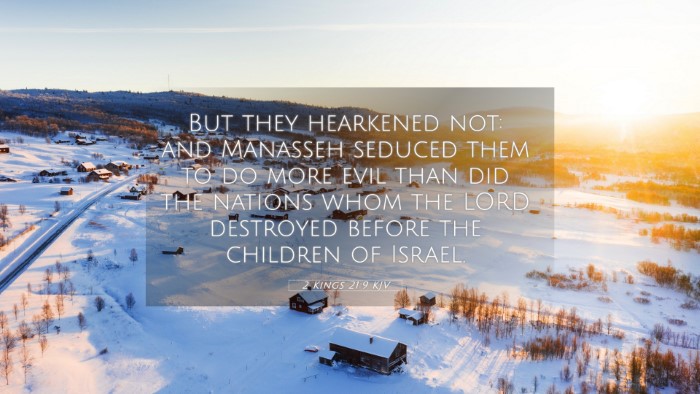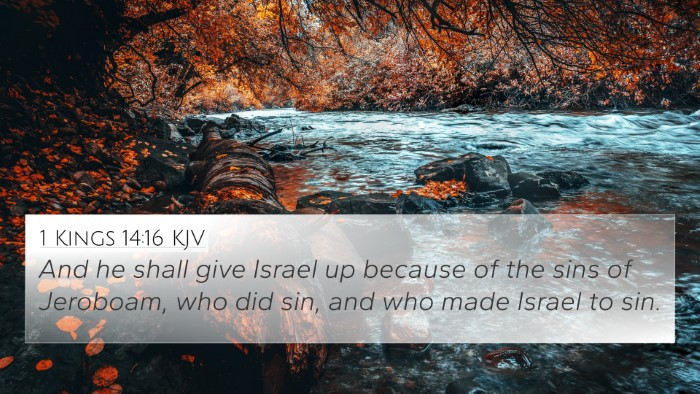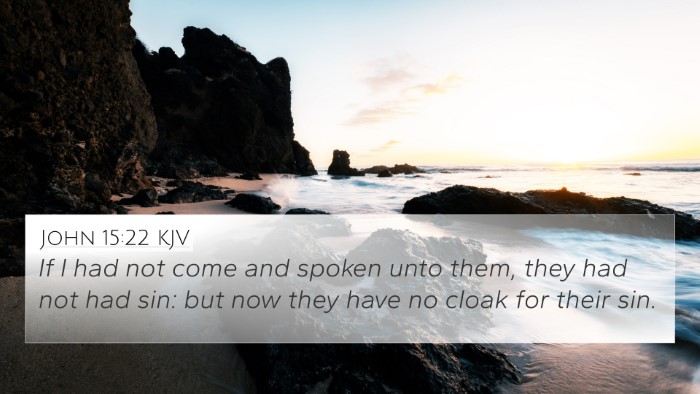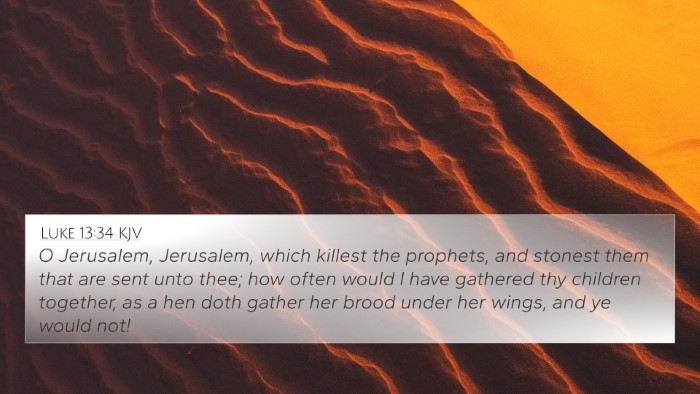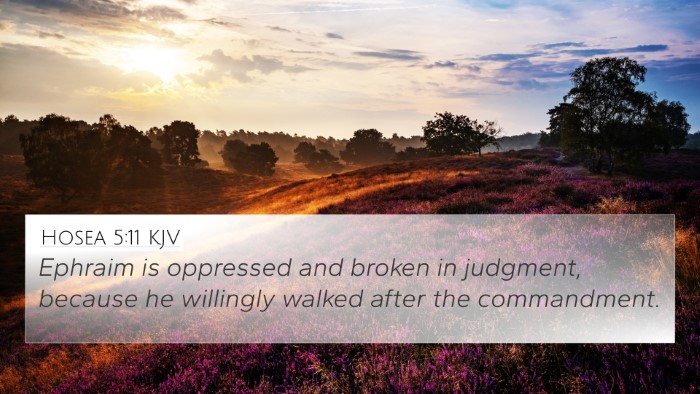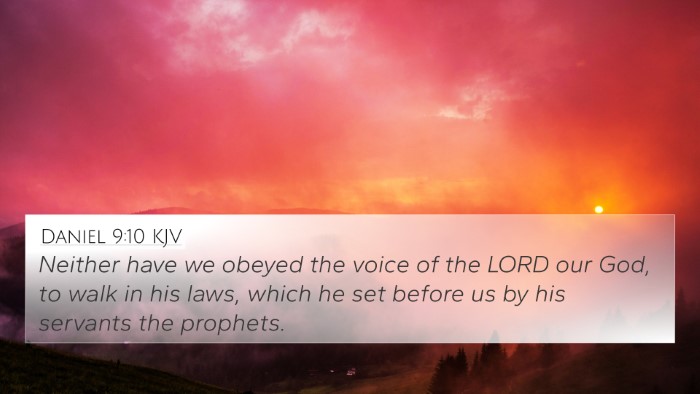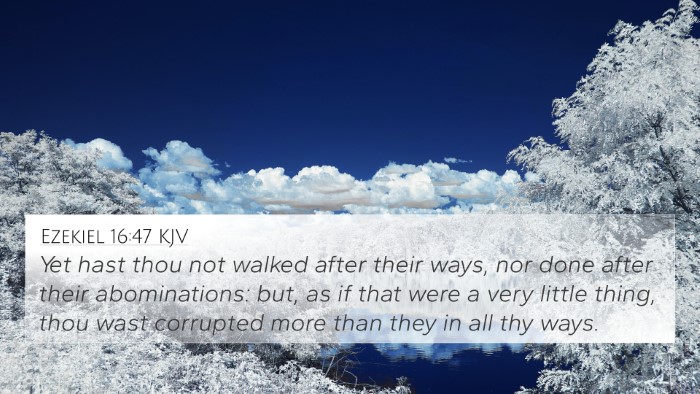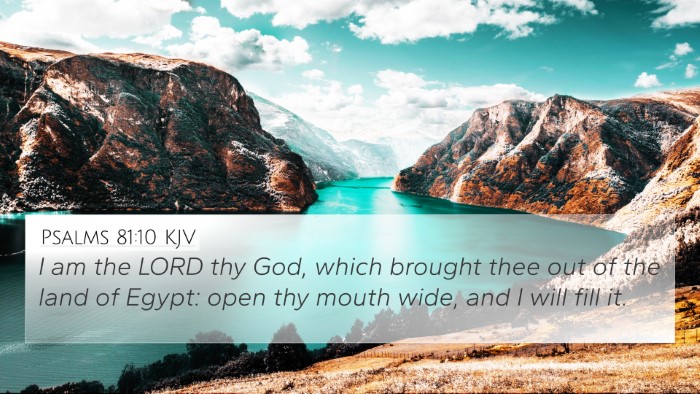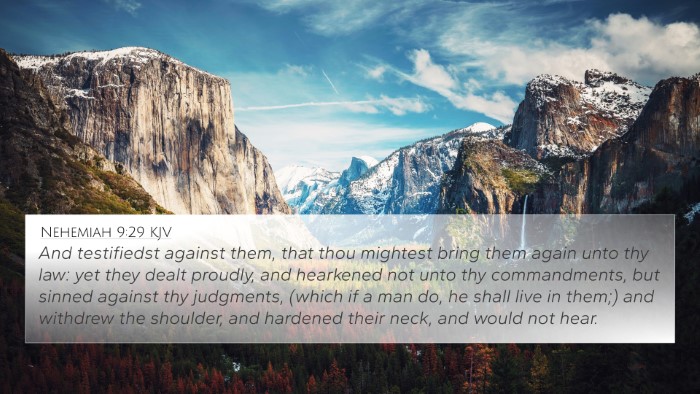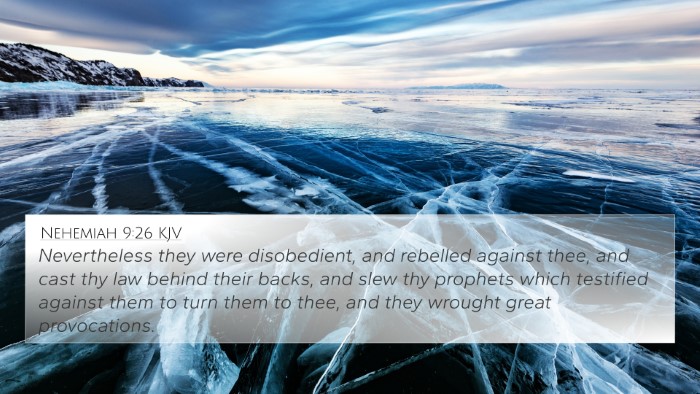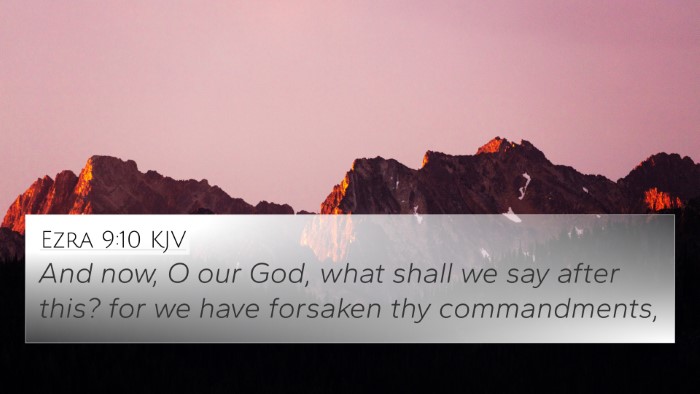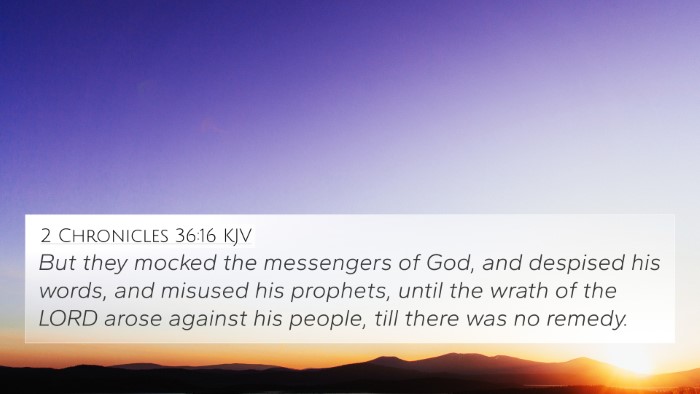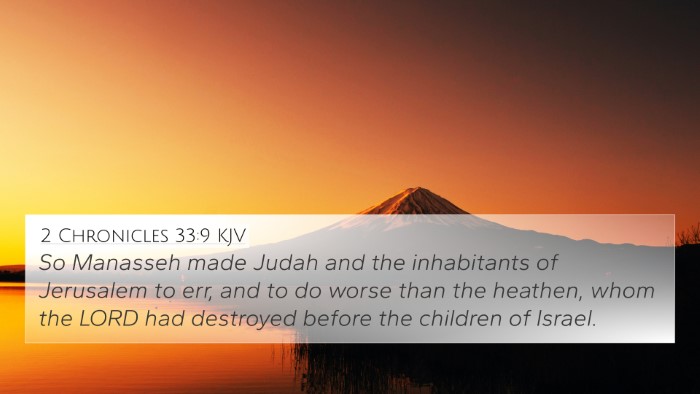Understanding 2 Kings 21:9
Verse: 2 Kings 21:9 - "But they did not listen; and Manasseh led them astray to do more evil than the nations had done whom the LORD destroyed before the people of Israel."
Summary of Meaning
This verse is pivotal in illustrating the spiritual decline of Judah under King Manasseh. Despite the clear warnings and guidance from the LORD, the people ignored these divine instructions, demonstrating their vulnerability to misleadership.
Commentary Insights
Matthew Henry's Commentary
Matthew Henry emphasizes the themes of disobedience and the consequences that follow. He notes that Manasseh's reign was marked by a departure from God's commandments, leading to a greater depth of sin among the people of Judah. This reflects not only Manasseh's influence but also the people's own rebellion against God.
Albert Barnes' Commentary
Albert Barnes points out that the mention of the nations whom the LORD destroyed serves as a stark comparison. He underlines Manasseh's role in leading the Israelites to commit acts that were not just equivalent but worse than those abominable practices that led to the destruction of nations before Israel arrived in the Promised Land.
Adam Clarke's Commentary
Adam Clarke underscores the depth of Manasseh's depravity, highlighting that his actions caused the people to engage in practices that were not merely idolatrous but involved an escalation in sin. Clarke warns that this verse serves as a critical lesson on the dangers of poor leadership and spiritual neglect.
Related Bible Verse Cross-References
- 2 Chronicles 33:9: This verse reiterates the same theme of Manasseh leading the people astray and emphasizes the resultant idolatry.
- 1 Kings 14:9: It discusses the evil actions of Israel and sets the context of turning away from God's commandments.
- Jeremiah 32:35: This verse highlights the dangers of idol worship, specifically mentioning the sins committed by Manasseh.
- 2 Kings 17:15: It refers to the Israelites following vanity and becoming vain, which relates to the actions influenced by Manasseh.
- Deuteronomy 12:31: This outlines God’s commands against child sacrifice, an abominable act that Manasseh himself engaged in.
- Romans 1:21-25: This New Testament passage mirrors the theme of exchanging the truth of God for lies, akin to the idolatry practiced during Manasseh's reign.
- Micah 6:16: References the statutes of Omri, linking back to the systemic disobedience and sin that characterized Judah during this time.
Thematic Connections
The verse not only highlights individual sin but also emphasizes collective disobedience against God’s will. It serves as a cautionary reminder regarding the impact of leadership on the spiritual direction of a community.
Tools for Bible Cross-Referencing
To deepen your understanding of 2 Kings 21:9 and its context, consider using the following tools:
- Bible concordance
- Bible cross-reference guide
- Cross-reference Bible study books
- Online Bible reference resources
How to Utilize Bible Cross-References
When studying a verse like 2 Kings 21:9, here are some steps to find cross-references:
- Identify Key Themes: Recognize themes such as idolatry, leadership, and disobedience.
- Search for Related Verses: Look up verses that discuss these themes and strengthen the insights received from 2 Kings 21:9.
- Compare Contexts: Analyze how different contexts (Old Testament and New Testament) address similar themes.
Bible Verse Parallels
When examining the parallels between 2 Kings 21:9 and other Scripture, it is vital to note how different leaders and their influences depicted in the Bible represent the cyclical nature of sin and disobedience. The New Testament's teachings resonate with the warnings of the past, urging believers to heed the lessons left in the Scriptures.
Conclusion
2 Kings 21:9 serves as a significant reminder of the consequences of ignoring divine guidance. As believers study this verse, they are invited to reflect on the importance of leadership, communal responsibility, and fidelity to God’s commandments.
